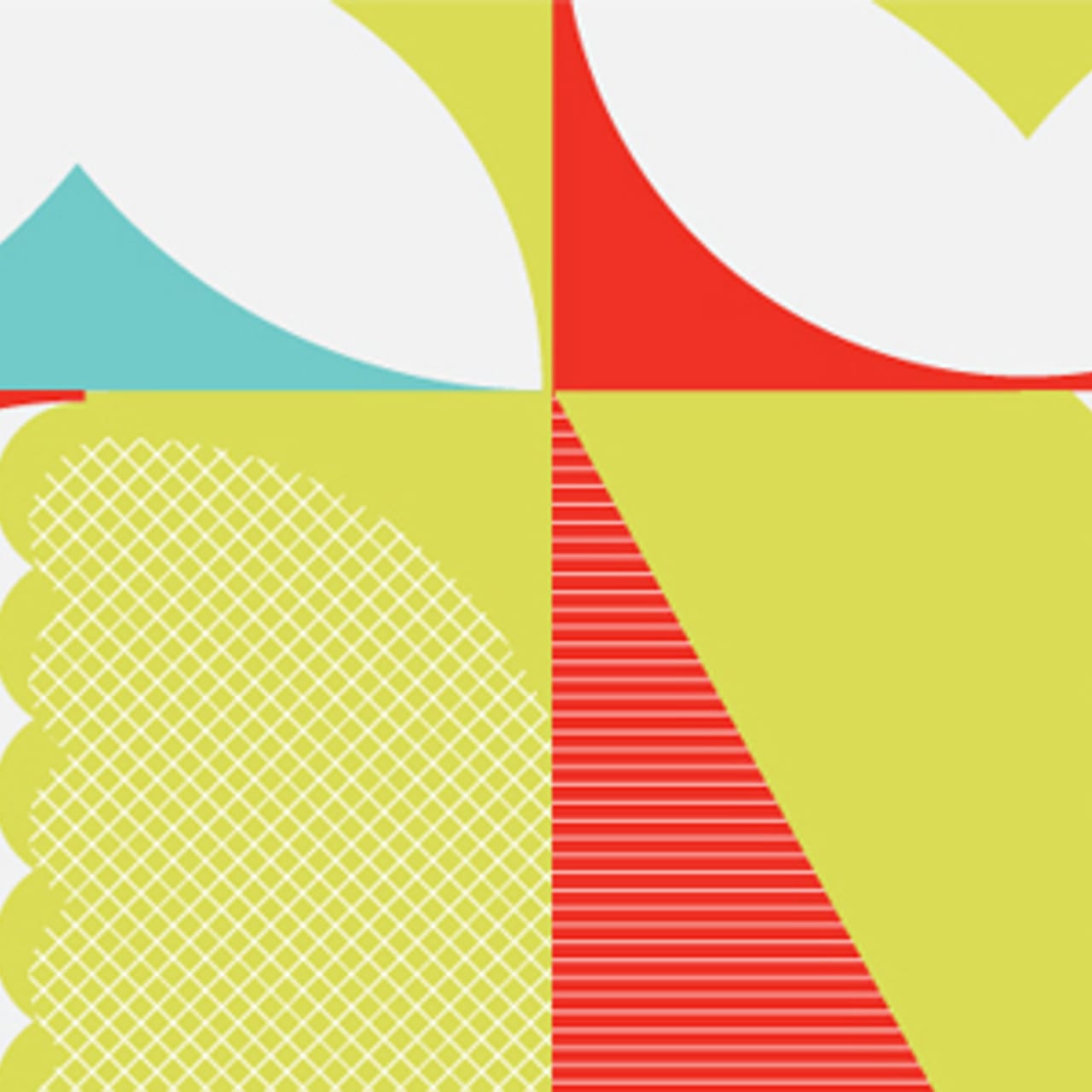Executive Summary
Are your members golden? Are their emotional and financial lives at equilibrium?
Filene had two pressing credit union questions: First, how do members conceptualize borrowing and debt, and second, how can credit unions respond to those basic borrowing needs? Eleven credit unions across the country generously supported the research and gave the researchers access to more than 100 members for initial interviews and nearly two dozen members for in-depth home interviews.
What is the research about?
Researchers found a diverse group of members whose relationship with and feelings toward borrowing ran the gamut from healthy to dysfunctional. That’s not surprising. What was surprising was the researchers’ finding about how emotional and financial considerations link inextricably in the borrowing process. Members are caught up not only in financial factors but in emotional factors as well.
The researchers’ key findings revolve around two ideas. First, members have a golden mean in which their emotional and financial lives are at equilibrium. Second, borrowers take on loans with different levels of “friction.” Positive friction applies to loans perceived as good or helpful. Negative friction attaches to loans that members resent, “bad” loans.
What are the credit union implications?
Rather than report out percentages or statistics, this report traffics in human insights. But that doesn’t mean the findings aren’t useful within the credit union. A whole section links insights with suggested credit union responses. Among them:
- Many members perceive credit unions as social institutions first and financial institutions second.
- Convenience is (still) king.
- Members often appreciate tough love.
- Positive friction helps bind members to their loans and to the credit union.
- Being debt-free can’t buy you love.
This report is sponsored by Fiserv.
